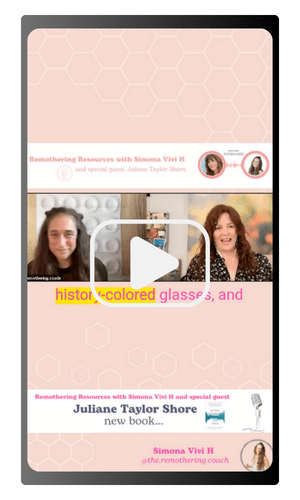Implicit Memory: How Our Brain “Knows” a Thing
The Secret Key to Understanding Why We React the Way We Do

Have you ever wondered how much of your daily reactions and beliefs are shaped by external influences, guiding your responses without your conscious awareness? Hint: understanding implicit memory is a key
Our implicit “knowings” make choices on our behalf more than we may realize. Which is why understanding implicit memory is like discovering a hidden door on our path – a door we wouldn’t even be looking for without knowing it exists.
What is implicit memory?
Jules Taylor Shore recently sat down with our reMothering community to talk to us about implicit memory. She shared with us that unlike explicit memory which involves autobiographical time-anchored data, implicit memory is part of our subconscious, early learned understandings. Examples include knowing how to walk up a staircase, how we define what’s food and what’s not, what we believe about boundaries, and how we relate to ourselves and others.
It’s these unarticulated memories that mold our perception of the world, and become the history-colored glasses that are filtering what we see and experience in the present.
Implicit memory doesn’t feel like something we’ve learned, it feels like TRUTH
Juliane Taylor Shore (Jules)
Implicit memories feel like things we “know”, but they are actually things we’ve learned, which means if we have thought-habits that are no longer serving, we can also unlearn them.
In this clip, Juliane Taylor Shore (Jules) and Simona look at the concept of implicit memory.
How does implicit memory impact our lives?
As we navigate our day-to-day lives, there are so many aspects to our routines that we can simply perform, without a lot of figuring out. Do you remember learning how to tie your shoes? That extreme concentration to form each loop of the bunny ears followed by the work to flip and tuck so one loop would go under the other. But as adults, when we tie our shoes, we just do it! That’s the positive side of implicit memory.
A neutral example is when we learn from our culture what’s food and what’s not. For some of us, eating an ant is a big adventure. Yet, in some cultures, insects are simply food.
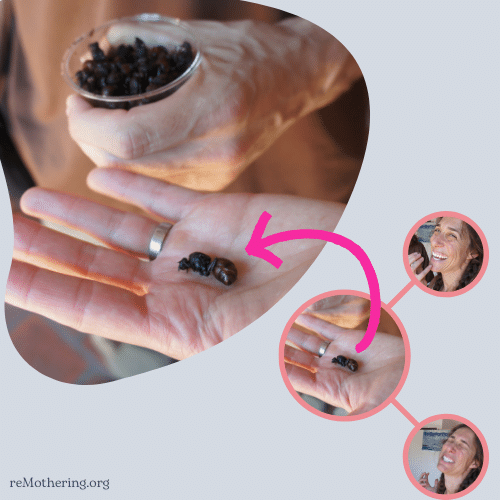
And then there are those implicit memories that are like a hidden door that’s blocking our path forward.
If, for example, we had an emotionally immature parent that got upset when we didn’t do things ‘like a good girl’ (aka their way), we may have learned that we are responsible for how other people feel. Which could have lead to adaptations like fixing, reflexive caretaking, people-pleasing, achiever-focus, perfectionism and more.
And, if we come from a whole family system of emotionally immature people, we may have learned a constellation of misguided beliefs about who we need to be in relationships with others.
Can we unlearn an outdated “knowing”?
YES. We can unlearn outdated patterns, misguided programming, and unhelpful thought-habits. (woohoo!)
Since our implicit memories are things we’ve learned, that means we can unlearn them too. One of the tricky parts of unlearning is finding out there is a metaphorical door that can be unlocked. Once we realize there’s a door, that paves the way for possibilities.
If you take one thing from this article, may it be this: there’s a metaphorical door, and you have the key.
How Our Brains “know” What We Believe About Boundaries
Ever wonder why boundaries can feel hard, even when it seems like we “should” know what to say? The answer has everything to do with our implicit memory. In this conversation, Simona Vivi H and Juliane Taylor Shore (Jules) talk brains, boundaries, and Jules’ new book: Setting Boundaries that Stick.
Related Resources
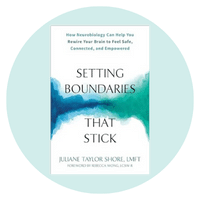
Setting Boundaries That Stick (book)
How Neurobiology Can Help You Rewire Your Brain to Feel Safe, Connected, and Empowered
To learn more, visit JulianeTaylorShore.com
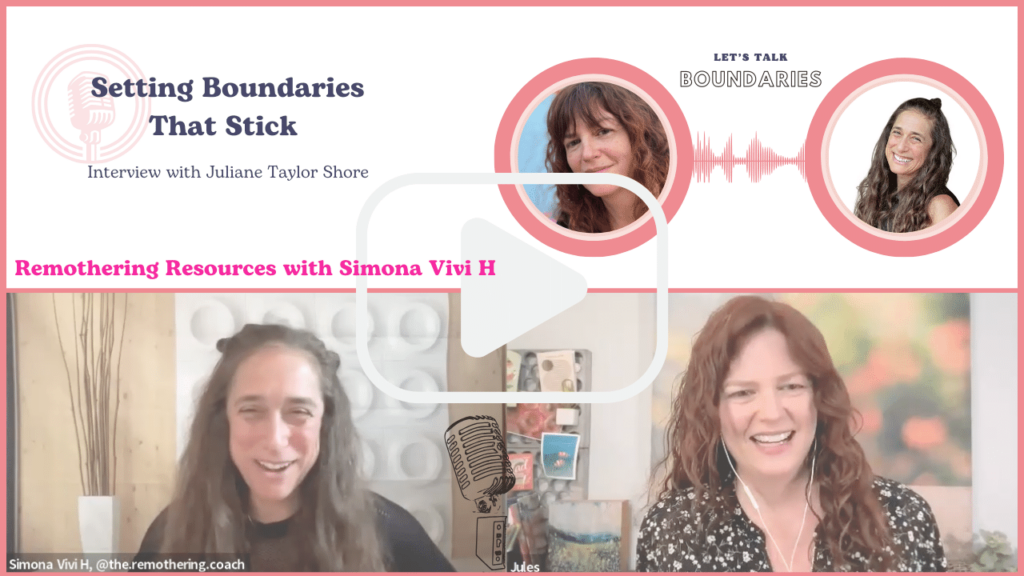
Setting Boundaries That Stick (interview)
Ever wonder why boundaries can feel hard, even when it seems like we “should” know what to do or say? In this in-depth conversation, Simona Vivi H sits down with Juliane Taylor Shore to unravel the complexities of setting boundaries.
To watch, visit reMothering on YouTube: Setting Boundaries That Stick (interview)
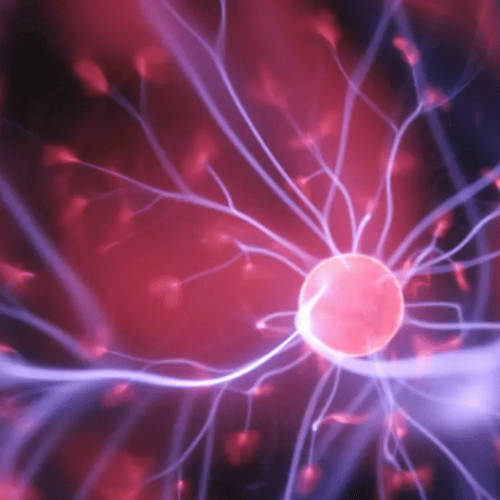
The Neurobiology of “Of-Course-ness“ (article)
Wondering why we can’t always logic our way forward? Check out this article: The Neurobiology of “Of-Course-Ness”
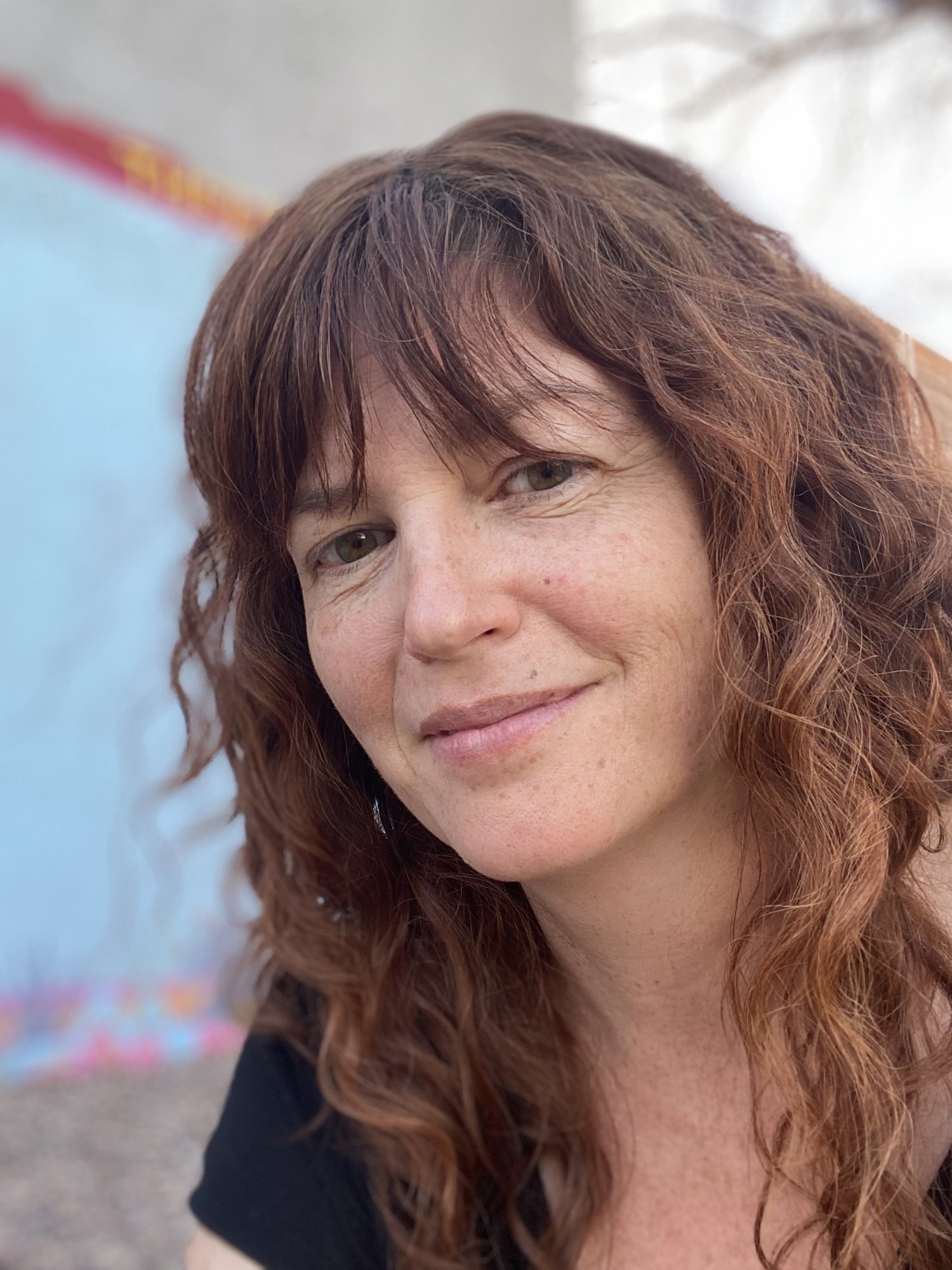
Juliane Taylor Shore (Jules)
this article is based on an interview with Juliane Taylor Shore (Jules) and Simona Vivi H (reMothering.org)
She came into the therapy world as a client who argued that feelings didn’t matter only to find herself all these years later having followed neuroscience to the obvious conclusion: we are really feeling and meaning making beings driven by our interdependence. She believes that embracing that reality is key to finding purpose and deep joy.
She is the author of Setting Boundaries that Stick: How Neurobiology Can Help You Rewire Your Brain to Feel Safe, Connected and Empowered. She is an associate Instructor with the Coherence Institute and a core faculty member with Therapy Wisdom.
She lives in Austin, Texas with her husband, Adam, their daughter, Stella, and their rescue pointer mix, Layla. When she isn’t thinking about therapy or reading the latest neurobiology research, she can be found watching the British Baking Show while creating art shoes for her dear friends.
